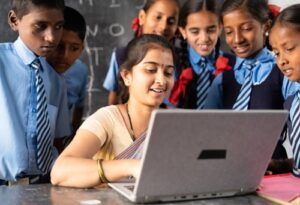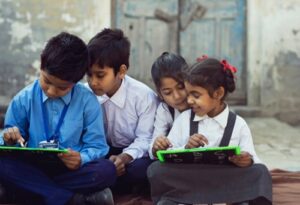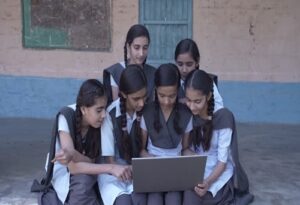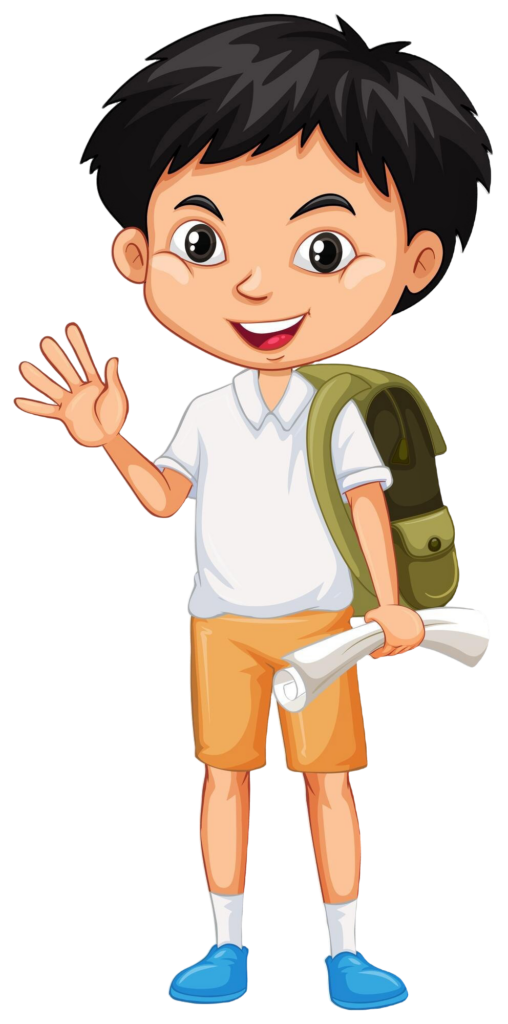Social media has become a big part of student life, bringing both benefits and challenges. On the positive side, it helps students stay connected with friends, share ideas, and access educational resources.
Platforms like YouTube and Instagram offer creative ways to learn new skills. However, social media can also be a distraction, affecting study time and focus. Excessive use may lead to issues like cyberbullying or comparisons, which can harm mental health.
Balancing social media with studies and offline activities is crucial. When used wisely, social media can be a tool for growth and connection, but it’s important to set boundaries to avoid its downsides.📱🎓
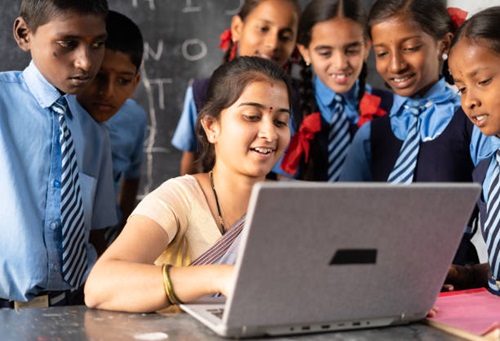
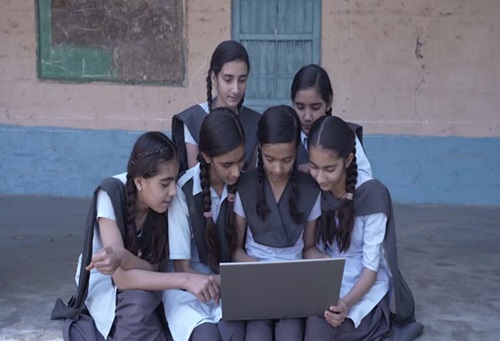
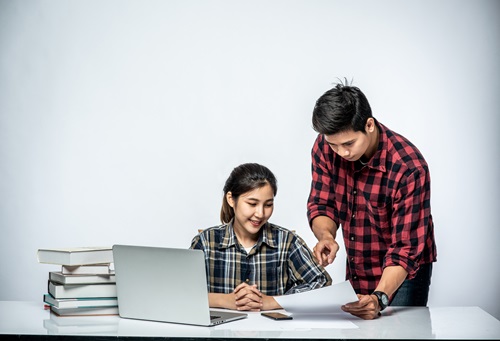
Enhancing Communication and Connectivity
Global Connections: Social media allows students to connect with peers and mentors worldwide, fostering cultural exchange and networking.
Staying Connected: It helps students stay in touch with family and friends, especially during times of physical separation.
Building Communities: Students can find like-minded individuals through online communities and groups, offering support and shared interests.
A Platform for Learning and Growth
Access to Resources: Social media platforms provide access to educational content, tutorials, and discussions that can enhance learning.
Skill Development: Platforms like YouTube and LinkedIn Learning help students acquire new skills and explore career paths.
Collaborative Learning: Students can collaborate on projects, share ideas, and solve problems through online group discussions.
Boosting Creativity and Self-Expression
Showcasing Talents: Platforms like Instagram, TikTok, and YouTube allow students to showcase their creativity in art, music, writing, and more.
Exploring Identity: Social media provides a space for students to express their individuality and explore their passions.
Building Confidence: Positive feedback from online communities can boost self-esteem and encourage further exploration of talents.
Mental Health Challenges
Comparison Culture: Social media often presents curated versions of life, leading to feelings of inadequacy and low self-esteem among students.
Cyberbullying: Online harassment and negativity can severely impact students’ mental health and emotional well-being.
Fear of Missing Out (FOMO): Constant updates on others’ lives can create anxiety and a sense of missing out on experiences.
Impact on Academic Performance
Distraction: Excessive time spent scrolling through social media can divert attention from studies and decrease productivity.
Procrastination: Social media can tempt students to delay completing assignments or studying for exams.
Sleep Disruption: Late-night usage of social media affects sleep patterns, leading to fatigue and decreased focus during school hours.📱💡🚀


